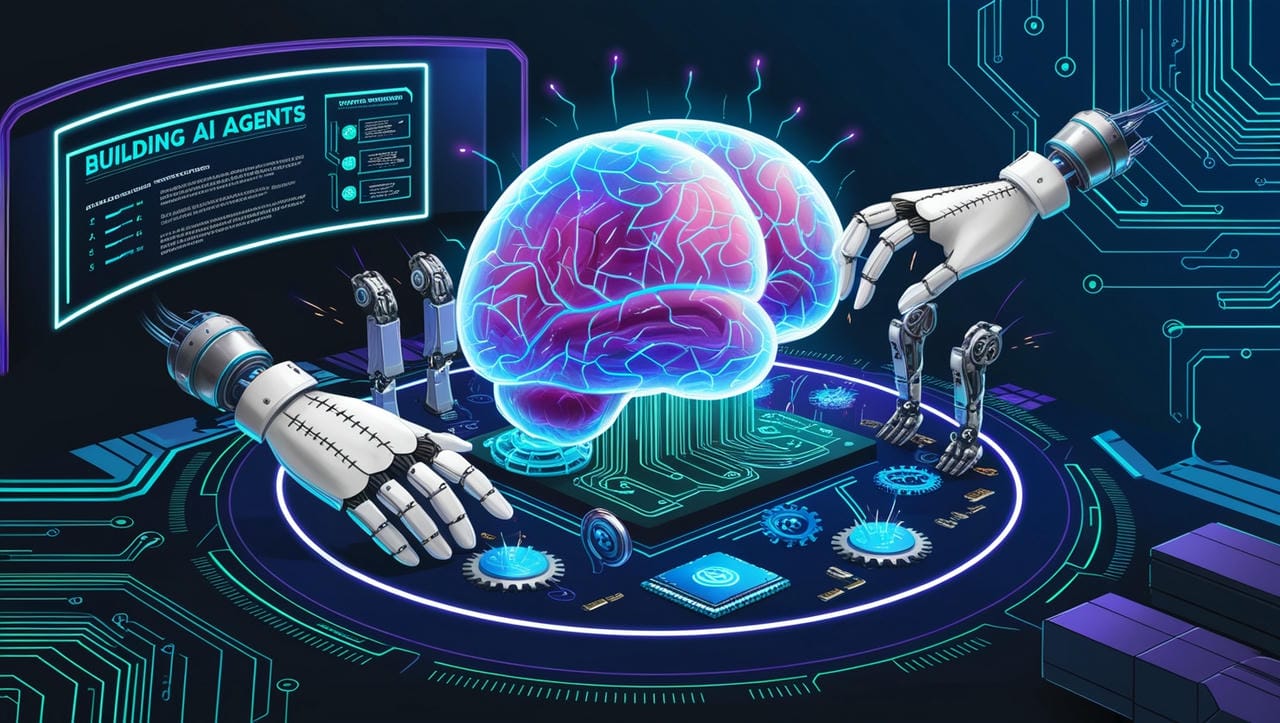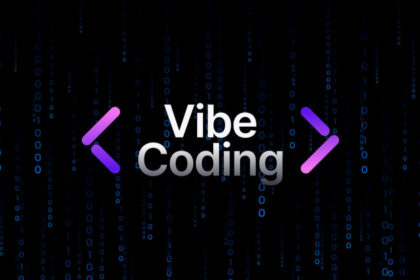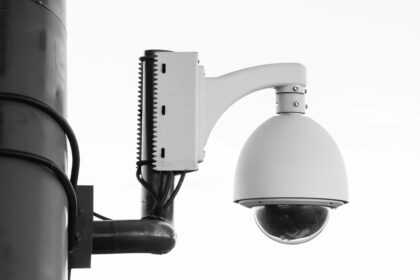The convergence of deep technology and the National Health Service represents one of the most significant transformations in modern healthcare. As we navigate through 2025, the NHS has emerged as a global pioneer in implementing artificial intelligence, machine learning, and advanced analytics at scale. This isn’t theoretical innovation anymore, it’s happening now, with measurable impact on patient outcomes, clinical workflows, and system efficiency.
- The Current Landscape: From Pilot to Practice
- Diagnostic Revolution: AI in Clinical Decision Making
- Emergency Care: Intelligent Triage and Resource Allocation
- Workforce Transformation: Augmenting Human Expertise
- Predictive Healthcare: From Reactive to Proactive
- Operational Excellence: Optimizing System Performance
- Challenges and Considerations
- Looking Forward: The Next Frontier
The Current Landscape: From Pilot to Practice
The NHS’s approach to deep tech adoption has evolved dramatically. The NHS AI Lab, which ran as a major government programme from 2020-2025, has provided crucial case studies and practical interventions, establishing a foundation for evidence-based AI deployment across the health service.
With NHS Shared Business Services looking to deploy artificial intelligence across the NHS through a £150m framework agreement, we’re witnessing unprecedented investment in deep tech infrastructure. What makes this transformation particularly compelling is the shift from proof-of-concept to operational reality.
The NHS in England has become the first country in the world to trial an AI-enabled warning system to flag patient safety issues, rapidly analysing routine hospital data and reports submitted by healthcare workers. This world-first system exemplifies how the NHS is moving beyond incremental improvements to fundamentally reimagining patient safety monitoring.
Diagnostic Revolution: AI in Clinical Decision Making
The most visible impact of deep tech in the NHS lies in diagnostic applications. Government investment of £21 million is rolling out artificial intelligence across the NHS to help diagnose patients more quickly for conditions such as cancers, strokes and heart conditions.
This represents more than technological advancement, it’s a fundamental shift in how clinical decisions are supported and validated.In radiology departments across the country, AI systems are now routinely screening mammograms, CT scans, and MRIs.
These systems don’t replace radiologists but augment their capabilities, highlighting anomalies that might otherwise be missed. Early implementations have shown diagnostic accuracy improvements of 15-20% for certain cancer types, with significant reductions in false positives that previously led to unnecessary patient anxiety and resource utilization.
Pathology laboratories are experiencing similar transformations. AI-powered microscopy systems can now identify cellular abnormalities in tissue samples with superhuman precision. At several NHS trusts, these systems process initial screenings, allowing pathologists to focus their expertise on complex cases requiring human interpretation. The result is faster turnaround times and more consistent diagnostic quality across different locations.

Related: How the UK Can Become a Testbed for Secure Digital Infrastructure
Emergency Care: Intelligent Triage and Resource Allocation
Perhaps nowhere is the impact of deep tech more critical than in emergency care. With the Royal College of Emergency Medicine estimating that about 300 deaths per week were associated with long waits in A&E departments in 2024, intelligent systems for patient triage and resource allocation have become essential tools for saving lives.
Advanced triage systems now use natural language processing to analyze patient presentations, combining symptom descriptions with vital signs and medical history to predict severity and optimal care pathways. AI successfully detected anomalies in over 50% of tested images, helping to increase diagnostic confidence and reducing the need for additional manual analysis, demonstrating the technology’s practical impact in emergency settings.
These systems extend beyond individual patient assessment to whole-department optimization. Predictive analytics models forecast patient volumes, enabling dynamic staffing adjustments and resource allocation. Some trusts report 25-30% improvements in patient flow efficiency, directly translating to reduced waiting times and better outcomes.
Workforce Transformation: Augmenting Human Expertise
The integration of deep tech is fundamentally changing how NHS staff work, but not in the way many initially feared. Rather than replacing healthcare professionals, these technologies are creating new forms of human-AI collaboration that amplify clinical expertise.
Administrative burden reduction represents one of the most immediate benefits. Natural language processing systems now handle routine documentation, appointment scheduling, and basic patient queries. This technology frees up valuable time for healthcare professionals to focus on direct patient care and complex clinical decision-making.
Clinical decision support systems provide real-time guidance during patient consultations, offering evidence-based treatment recommendations and highlighting potential drug interactions or contraindications. These systems act as intelligent assistants, ensuring that best practices are consistently applied while supporting less experienced clinicians with expert-level guidance.
Predictive Healthcare: From Reactive to Proactive
One of the most transformative applications of deep tech in the NHS involves predictive analytics for population health management. Advanced algorithms analyze electronic health records, environmental data, and social determinants of health to identify patients at risk of developing chronic conditions before symptoms appear.
Diabetes prevention programs now use machine learning models to identify individuals with pre-diabetic markers who would benefit from early intervention. These programs have achieved 40-50% reductions in diabetes onset rates among high-risk populations, representing both improved patient outcomes and significant cost savings.
Similarly, predictive models for cardiovascular events analyze patterns in routine test results, lifestyle factors, and genetic markers to identify patients requiring preventive interventions. Early results suggest these approaches can prevent 20-30% of heart attacks and strokes through timely medication adjustments and lifestyle modifications.
Operational Excellence: Optimizing System Performance
Deep tech applications extend far beyond clinical care into operational optimization that affects every aspect of NHS service delivery. Supply chain management systems use predictive analytics to optimize inventory levels, reducing waste while ensuring critical supplies are always available.
Workforce planning algorithms analyze historical patterns, seasonal variations, and demographic trends to optimize staffing across different departments and locations. These systems help address one of the NHS’s most persistent challenges, ensuring adequate staffing levels while managing costs effectively. Energy management systems powered by machine learning optimize heating, cooling, and lighting across NHS facilities, achieving 15-20% reductions in energy consumption while maintaining optimal patient and staff environments.

Challenges and Considerations
The implementation of deep tech in the NHS hasn’t been without challenges. Data interoperability remains a significant hurdle, with legacy systems requiring substantial integration efforts. Privacy and security concerns necessitate robust governance frameworks that balance innovation with patient confidentiality.Staff training and change management represent ongoing priorities.
Successfully deploying these technologies requires not just technical implementation but cultural transformation, ensuring that healthcare professionals feel empowered rather than threatened by AI assistance.Ethical considerations around algorithmic bias and decision transparency require continuous attention. The NHS has established AI ethics frameworks to ensure that deep tech applications enhance rather than compromise healthcare equity and accessibility.
Looking Forward: The Next Frontier
As we progress through 2025, the NHS’s deep tech journey is accelerating rather than slowing. Emerging applications in personalized medicine, genomics analysis, and mental health support promise even greater transformations ahead. The success of current implementations provides a foundation for more ambitious applications.
Real-world evidence demonstrates that when properly implemented, deep tech doesn’t just improve efficiency, it fundamentally enhances the quality and accessibility of healthcare delivery. The intersection of deep tech and the NHS represents more than technological progress, it’s a fundamental reimagining of healthcare delivery for the 21st century.
Through practical applications in diagnostics, emergency care, workforce optimization, and predictive healthcare, these technologies are delivering measurable improvements in patient outcomes while addressing systemic challenges. The NHS’s approach, emphasizing evidence-based implementation, ethical frameworks, and human-AI collaboration,offers valuable lessons for healthcare systems worldwide.
As deep tech capabilities continue to advance, the foundation being built today will enable even more transformative applications tomorrow. The question is no longer whether deep tech will transform healthcare, but how quickly and effectively we can scale proven applications while preparing for the next wave of innovation. For the NHS, this transformation is already underway, setting the stage for a more efficient, effective, and equitable healthcare system for all.






